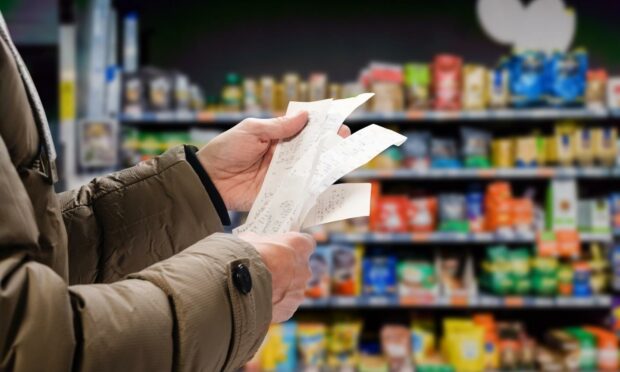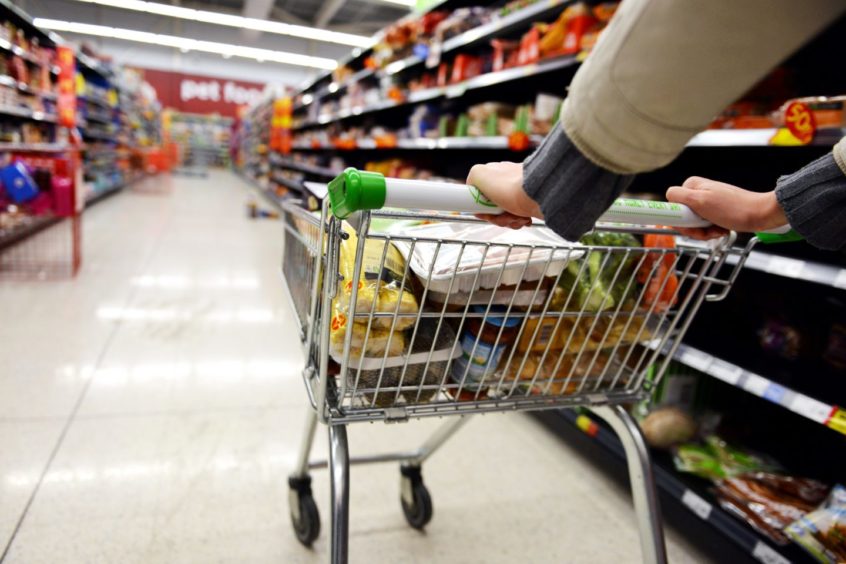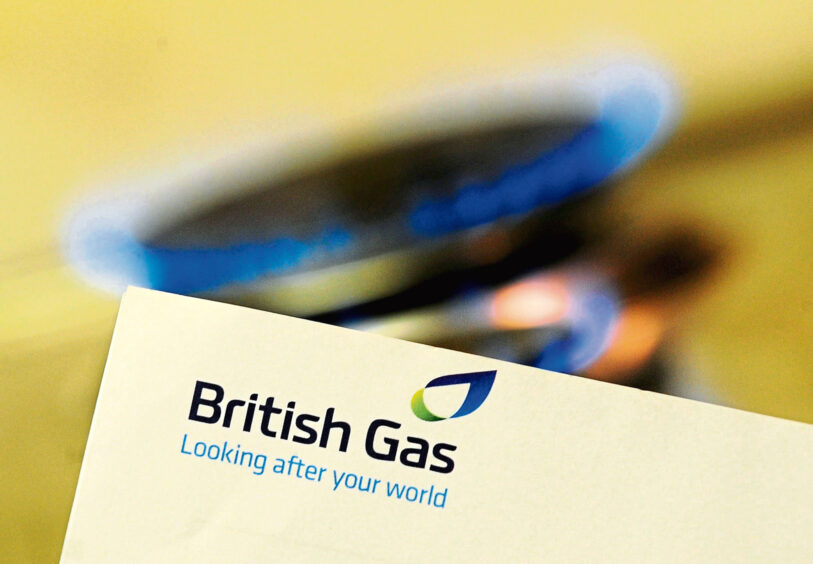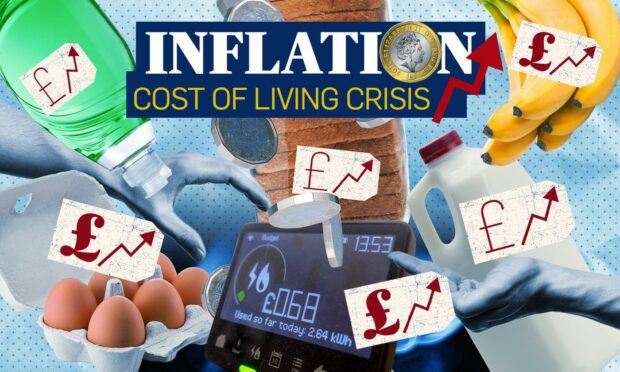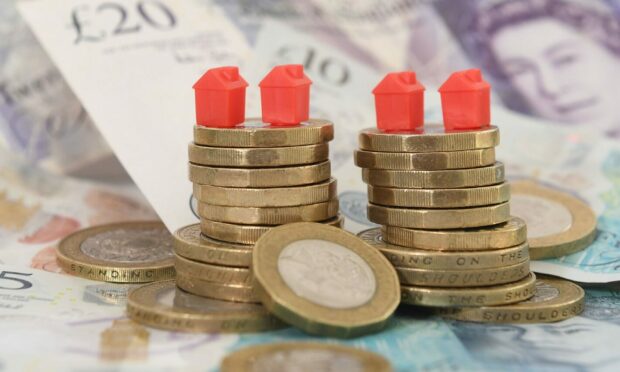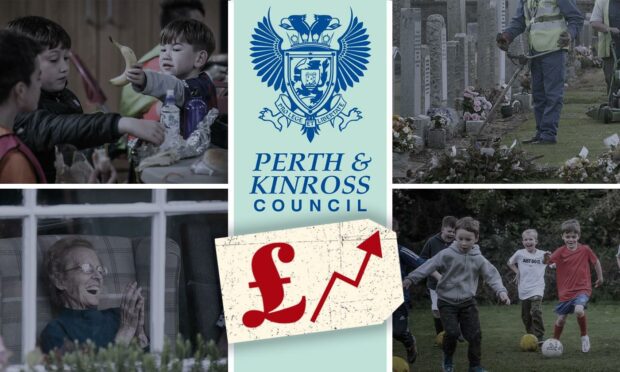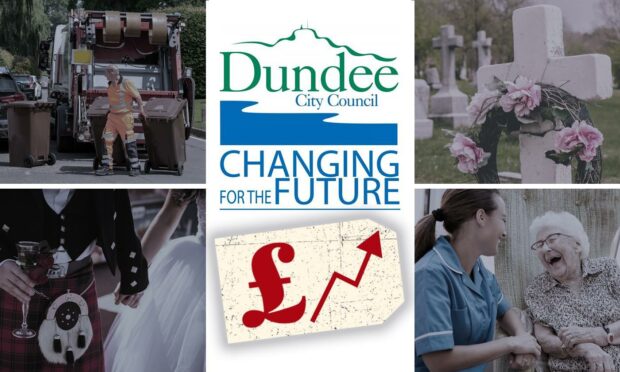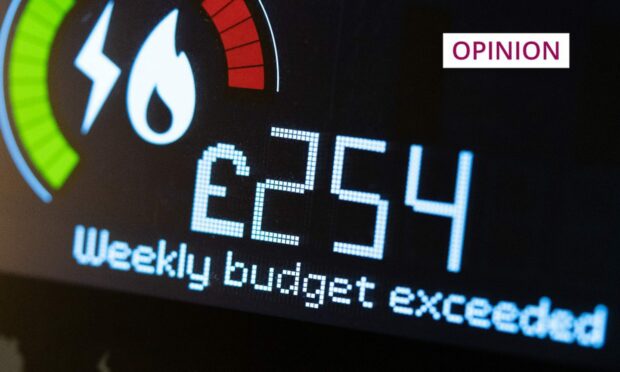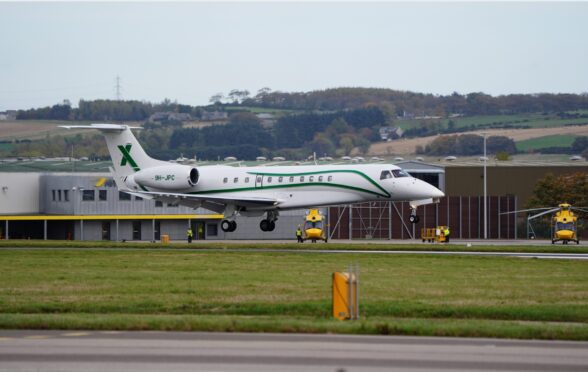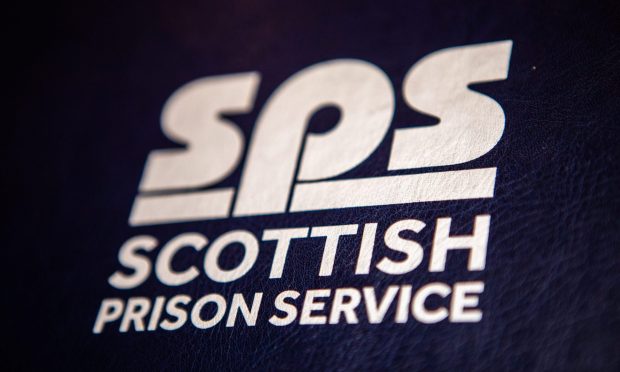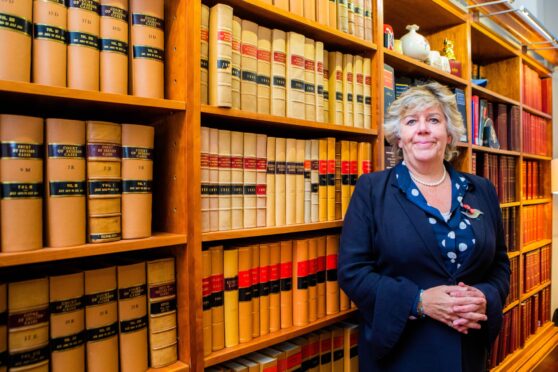It is feared foodbank use in Scotland could soar amid warnings energy bills could rise by as much as 50%.
Citizens Advice Scotland has issued a warning about the impact of lifting the energy price cap in the UK.
But the expected increase in energy prices is only one of the ways many Scots’ bills are expected to rise, with food costs also soaring.
Take a look at five ways your bills could rise in 2022 below.
Food costs soar
Government estimates published in January show food costs in the UK rose by around 4.8% in the 12 months leading up to December 2021.
The calculation looks at the price of a theoretical basket of everyday groceries and looks at how much the price rises month on month.
But some food poverty campaigners have pointed out that this measurement doesn’t adequately show how inflation hits the poorest.
Food writer and activist Jack Monroe went viral online after showing how prices for cheaper food products have soared.
Energy bills
Energy prices are likely to rise by as much as 51% from April after the UK Government lifts the current price cap.
Around 60% of homes currently benefit from the price cap, meaning the majority are likely to see their bills increase.
Money Saving Expert Martin Lewis says the change could add as much as £600 a year to household bills.
Citizens Advice Scotland warned the change could see foodbank use soar, with many people using their service seeking advice on utilities.
Chief executive Derek Mitchell said: “We are facing a nightmare scenario in the spring as the rising cost of living and increases in energy bills collide with flat or falling incomes.
“People are holding on by their fingertips, they can’t afford a big rise in bills with no support, some sort of emergency action from the government is essential.”
Transport costs climb
Getting to and from work is also becoming more expensive, both for people who use public transport and those who drive.
From late January, both peak and off-peak regulated fares on all ScotRail services increased by 3.8%.
Fuel prices are also climbing, with motorists paying record prices for petrol and diesel.
Average petrol prices stood at 145.8 pence per litre in December 2021, the highest ever recorded, compared with 114.1 pence per litre 12 months earlier.
Housing costs increase across Scotland
New analysis by industry experts suggests average rents in Scotland have risen by over 5% in the last year to £869.
Average rental prices for new tenancies has risen from £666 in January 2020 to £738 in December 2021.
Thomas Ashdown, managing director of Citylets, suggested the number of rental properties on the market was down two-thirds on the same period three years ago.
Taxes
The UK Government has announced an increase in National Insurance contribution will go ahead this year, meaning people will pay more from their salary towards to NHS and social care.
The rate for employees will rise from 12% to 13.25% on incomes of £9,880 to £50,270 a year, and from 2% to 3.25% on anything earned over that.
It means someone earning £25,000 a year would around £130 per month extra in National Insurance than they do now.
